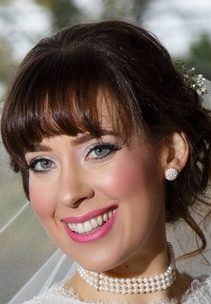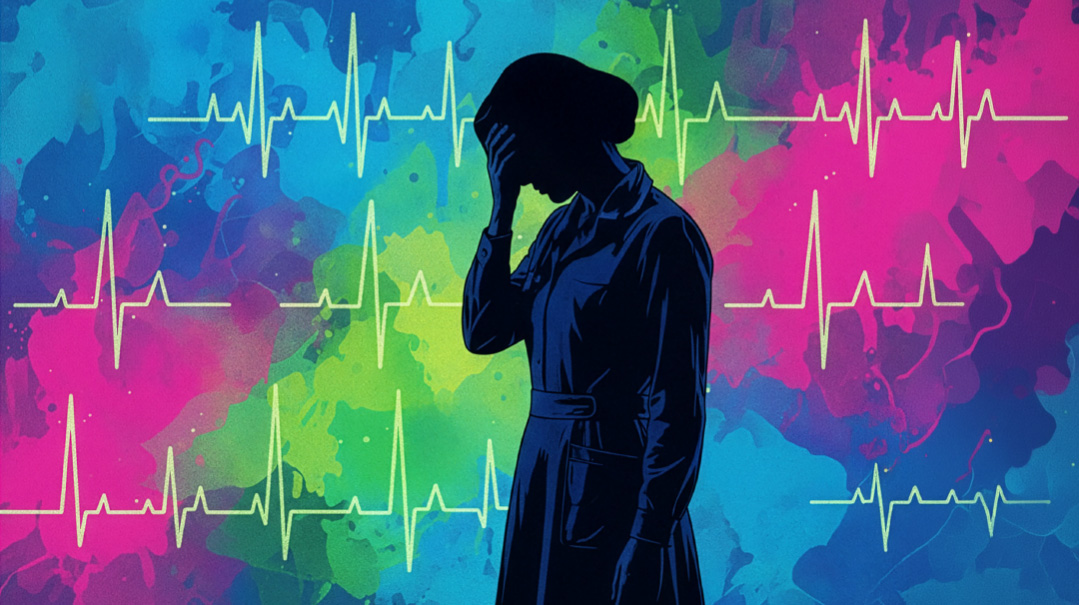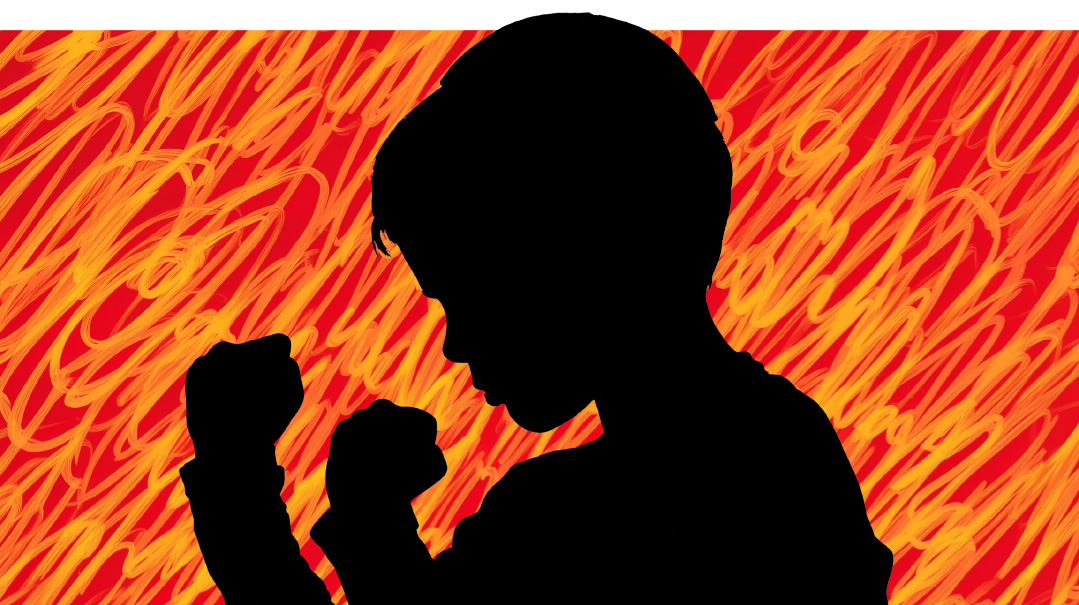Know This: The “Older Single”


Inever thought it would happen to me.
Everyone knows the people who have a hard time with shidduchim are unreasonable and unrealistic. At the smug age of 21, I firmly said, “If someone isn’t married by 24, then they don’t really want to be married.”
Ha-ha. Until I became a one of them: an “older single.” The price of membership? Mental and emotional exhaustion.
We dress up when running out to get milk, because “you never know.” We smile in the face of insult because we can’t afford to antagonize anyone, even if our dignity is being ground underfoot — what if they won’t set us up or give good information about us? We voluntarily visit accredited and unaccredited shadchanim, who insist they hear us but usually don’t.
We struggle to rejoice at the engagement of younger relatives and friends, wondering what they did “right,” and when we bravely enter those l’chayims, we’re greeted with one pitying “Im yirtzeh Hashem by you” after another. On. A. Loop.
We are proud of our accomplishments, be they professional, extracurricular, spiritual, or otherwise, but they don’t matter. All that matters is our age, and that there is no ring on the finger, no tallis baatel slung over the shoulder.
We are repeatedly asked, “What are you looking for?” and when we list our few criteria, we’re told that we’re being ridiculous, those things don’t matter in a marriage. There’s no acknowledgment of independent needs, only unfair generalizations.
Instead, a suggestion is offered that violates all requested standards, paired with “Give it a chance.” But dating, in general, is emotionally grueling, riding the roller coaster of expectation, disillusionment, then disappointment. “Chance” dates can be soul-crushing.
We are admonished — by strangers, acquaintances, family — about what we must be doing “wrong.” After all, why else would we still be single? We’re all “too” something. (In my case, I was too opinionated, too tall, too smart, and I wore too much makeup. Don’t forget too picky.)
Settle already. Marry anyone so at least you’ll have children. All that matters is that the other person will be a good parent. And don’t act so smart on a date.
Have you tried dating websites? What about shidduch events? That’s all part of hishtadlus, after all. Perhaps you need a dating coach. If you’re not married yet, you must have commitment issues.
Ad nauseum.
We put our pictures on our profiles, even though we don’t want to. Our images are not printed in magazines and newspapers to preserve modesty, but now modesty doesn’t seem to matter. Strangers will be passing around our photos, judging us without comprehending who we are as a whole, dismissing human beings at superficial and inaccurate whim.
We dread Rosh Hashanah. It means another year has passed and we are still “behind.” Shuls are packed, full of witnesses to our new Yom Tov outfits, stunning shoes, and failure. Because it’s our fault, after all. (We are reminded of that constantly.)
Yet we still strive to look hopefully forward toward possibility, rather than dwell on past aggravation. But the year passes again, and the next Rosh Hashanah arrives, another 12 months gone, with supposedly nothing to show for it. I may have improved as a person. So what?
The shidduch process can be harrowing, especially since all the established rules of old have fallen by the wayside. The men are supposed to be approached first. They rarely are. Women are often tossed a name, asked if they ever heard of him, and then hear nothing back.
Oops! We could not locate your form.






